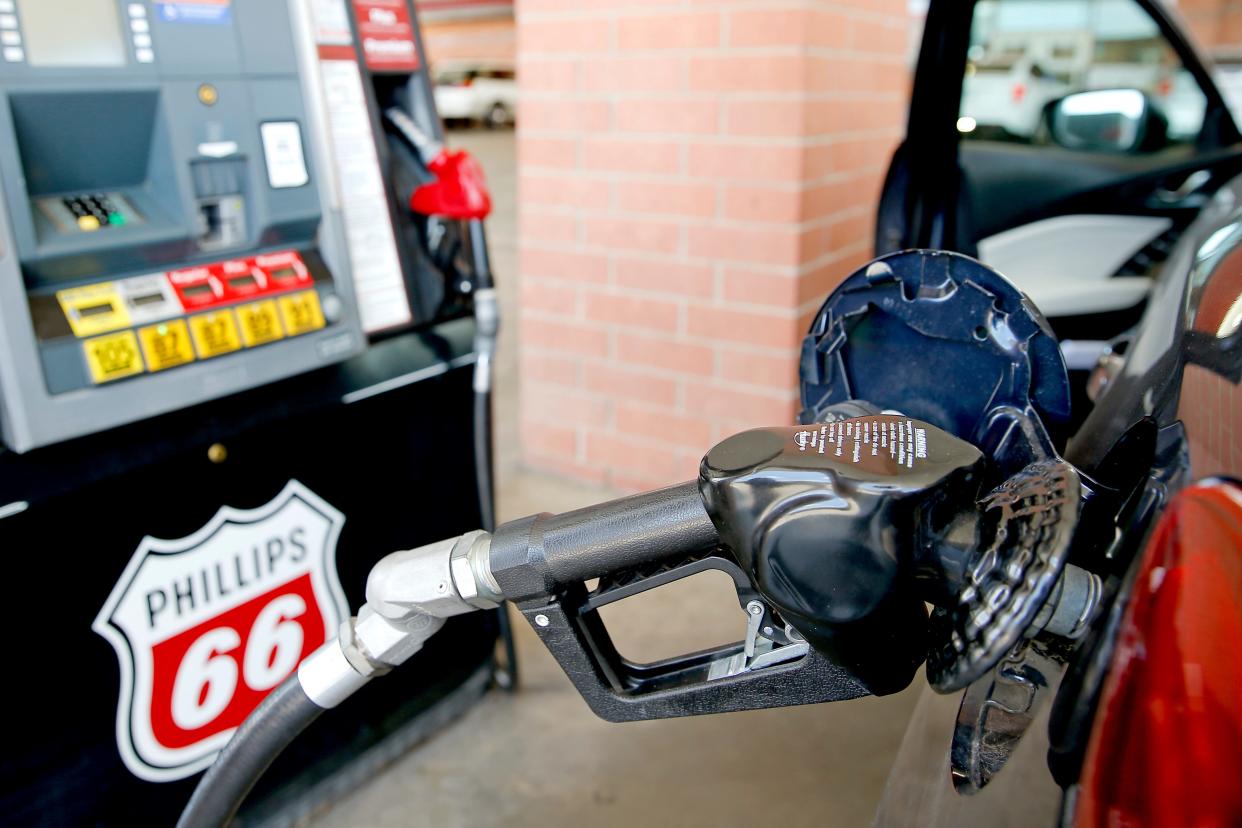Guest column: Families need tax relief. Here's what Oklahoma can do

Runaway inflation, the possibility of a looming recession and anti-growth policies from the federal government are creating a 1970s-style outlook for the American economy. The remedy the last time the country faced such headwinds was an economic revolution, led by economists like Milton Friedman and Art Laffer and elected leaders like Ronald Reagan and Jack Kemp. The “supply-siders,” as they were called, understood a common-sense proposition: If you want more of something, tax it less.
Now, as back then, the thing we need more of is private sector investment in the production of goods and services — a boost to the “supply side” of the economy. Oklahoma is poised to lead the way for the rest of the country if it can capitalize on the opportunity provided by this summer’s ongoing special legislative sessions and deliver a Supply Side Economics Revival in the form of bold, meaningful tax reform.
What would that reform look like? First and foremost, the Legislature should put Oklahoma on a path to eliminating the personal income tax. Income taxes inhibit capital investment, the juice that makes the engine of the economy hum. Full elimination of the personal income tax should be the goal, but getting there while adequately funding state government will take time.
As a first step — one that would spark a significant supply-side boost in its own right — Oklahoma should replace the current income tax structure with a 2.75% flat tax, phased in over several years. In the first year of implementation, that would mean collapsing all of Oklahoma’s six income tax brackets, which top out at 4.75%, into one tax rate of 4.25%. At the same time, lawmakers should raise the standard deduction from $6,350 to $10,350 when the new single bracket tax is implemented, ensuring tax relief for all taxpayers, not just those at the top.
In every subsequent year, provided state revenues grow at a rate of 1.5% or more, that flat tax rate should be cut an additional half a percent until the 2.75% rate is reached. Implementation of a lower, flatter tax will provide immediate inflation relief to individuals and families while stimulating supply-side investment and growth.
Besides lowering personal income taxes, lawmakers should also modernize business taxes and eliminate the most economically unproductive taxes on capital investment, since taxing investment limits the growth of the supply side of the economy. For instance, Oklahoma’s antiquated franchise tax — a business tax levied just for the privilege of existing in Oklahoma ― discourages investment and generates little revenue for the state. Our franchise tax, then, accomplishes nothing productive for the state. Lawmakers should repeal it immediately.
Similarly, our “throwback rule” punishes Oklahoma businesses by treating income made out of state as though it were earned in Oklahoma, resulting in steeper tax bills for companies. This obscure rule encourages businesses to relocate to other states or not come here in the first place, depriving us of jobs, investment and state revenue. This is another backward provision that should be stricken from the books.
Another reform that would spur supply-side investment while supporting Oklahoma businesses would be to create a significant exemption from local property taxes for tangible personal property (think equipment, machinery, and farm implements). Such an exemption would take thousands of small businesses and farmers off the property tax rolls entirely. Since the revenue collected is dispersed to numerous entities, and the overall amount collected is small, the bang for the buck on such an exemption is hard to beat.
Oklahoma has real challenges in front of us. In the short term, families are experiencing financial pain from inflation. In the long term, we are competing against 49 other states and the rest of the world to provide a location that attracts business growth and investment. However, every challenge comes with opportunity, and lawmakers now have a golden opportunity to deliver a Supply Side Economics Revival that eases inflation while laying the foundations for sustained prosperity.
Ben Lepak is the executive director of the State Chamber Research Foundation.
This article originally appeared on Oklahoman: Opinion: To overcome inflation woes, Oklahoma must lower tax rates

